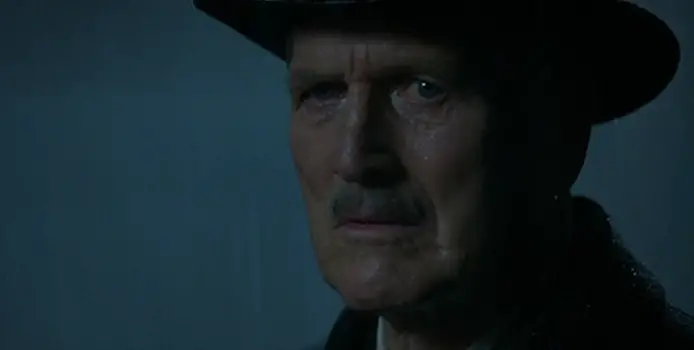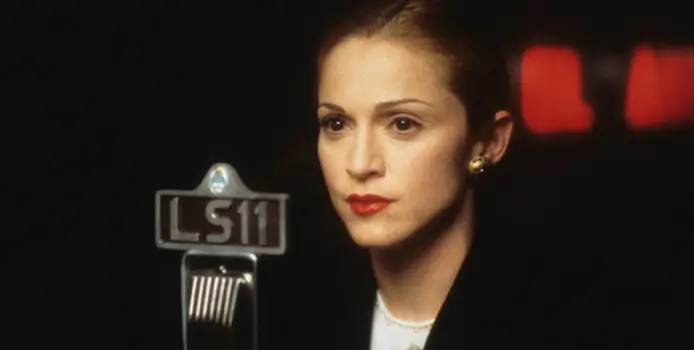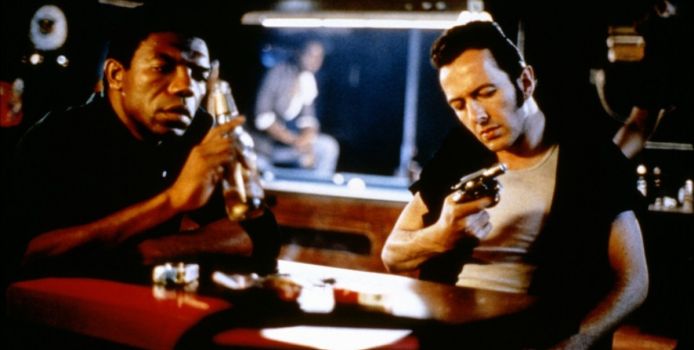profile

Having recovered from the shock upon discovering that summer 1990 was a quarter of a century ago, I recently reacquainted myself with one or two of the cinematic treats that I first enjoyed at the tender age of 15. Darkman got a repeat viewing, as did the sorely underappreciated Quick Change with Bill Murray. I was especially pleased to find that my personal favourite alumni from the class of ’90 had aged so well:

Madonna is (was, depends on who you ask) at one point considered one of the biggest pop stars in the world, so it came as no surprise when she decided to try her hand at acting. I’m no person to criticize another person’s acting ability (particularly when I have crippling stage fright), but I’m just perplexed about how her films were critical and commercial disasters. If she was one of the biggest pop stars of her time, why didn’t her film career match that same success?

When Vêra Chytilová sadly passed away in March of last year, cinephiles across the world mourned the loss of a truly passionate and original filmmaker. Chytilová was the dangerous iconoclast of the Czech New Wave. Both the BFI and Second Run DVD decided that the world must know of her work outside of her nihilistic masterpiece Sedmikrasky (Daisies, 1966), and as such the BFI ran a series showing many of her films at their Southbank cinema, and Second Run released two of her films, Pasti, Pasti, Pasticky (Traps, 1998) and Fruit of Paradise (1970), on their excellent DVD line.

Joe Strummer, born John Grammar Mellon, is best known as the scowling, screaming, warrior-poet who sang lead vocals and played rhythm guitar for the “only band that matters”: The Clash. The man with the gravel voice and the idealist political agenda was never afraid to voice his opinions on current events.



